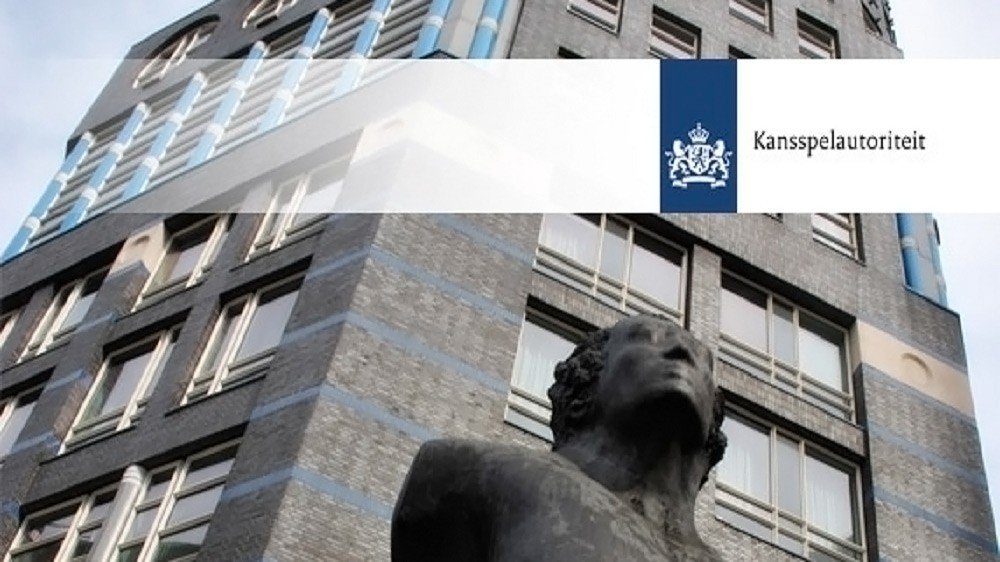Dutch regulator tightens online gambling licence rules ahead of 2026 renewals

The Netherlands’ gambling authority, Kansspelautoriteit (KSA), has announced that online gambling operators will require to submit detailed exit plans and stricter compliance documents when reapplying for licences from 2026, in a move aimed at strengthening oversight and consumer protection.
The new rules, which take effect on January 1, 2026, come as the country’s first five-year online gambling permits, issued in 2021, are due to expire in October 2026. All operators wishing to continue in the Dutch market must seek renewal under the updated framework.
Applicants will need to file an “exit plan” setting out how they would halt operations and withdraw from the market if their licence is not renewed. They must also submit a risk analysis under the Dutch Anti-Money Laundering and Anti-Terrorist Financing Act (WWFT) and provide documentation on how the regulator will be informed of material changes to business policies or operations.
“Providers that made mistakes in the past five years must explain during the application process how they have learned from previous mistakes and how they intend to prevent recurrence. If we find this explanation insufficient, the permit may be denied or additional conditions and restrictions may be imposed,” the KSA said.
For renewal applicants, the regulator said the process would differ from new market entrants. It will reassess player protection measures, advertising policies and require a fresh integration test of the control database (CDB). Track records from the first licence period will be considered, and operators with compliance breaches risk tougher conditions or rejection.
The KSA has stepped up enforcement in recent months. Unibet was issued a penalty order of up to €450,000 ($524,000) for breaching bonus advertising rules. The watchdog also warned agencies promoting unlicensed gambling sites could be referred to the Netherlands Authority for Consumers and Markets (ACM) or the Advertising Code Foundation (SRC).
“If providers have not complied with final or provisionally enforceable court rulings at the time of their application, their reliability is not beyond doubt. This constitutes grounds for refusing a licence,” the regulator said.
Industry groups say illegal operators remain a major challenge. “Official figures show that only 49% of online gambling revenue goes to licensed operators, meaning the majority flows into unregulated, illegal channels,” said Peter-Paul de Goeij, founder of the Netherlands Online Gambling Association (NOGA).
The KSA has already imposed bans on sports sponsorships by gambling firms and tightened advertising restrictions, though some operators argue that strict rules risk driving players toward illegal websites.
“Active promotion aimed at this vulnerable target group is therefore very harmful,” the regulator said.

















